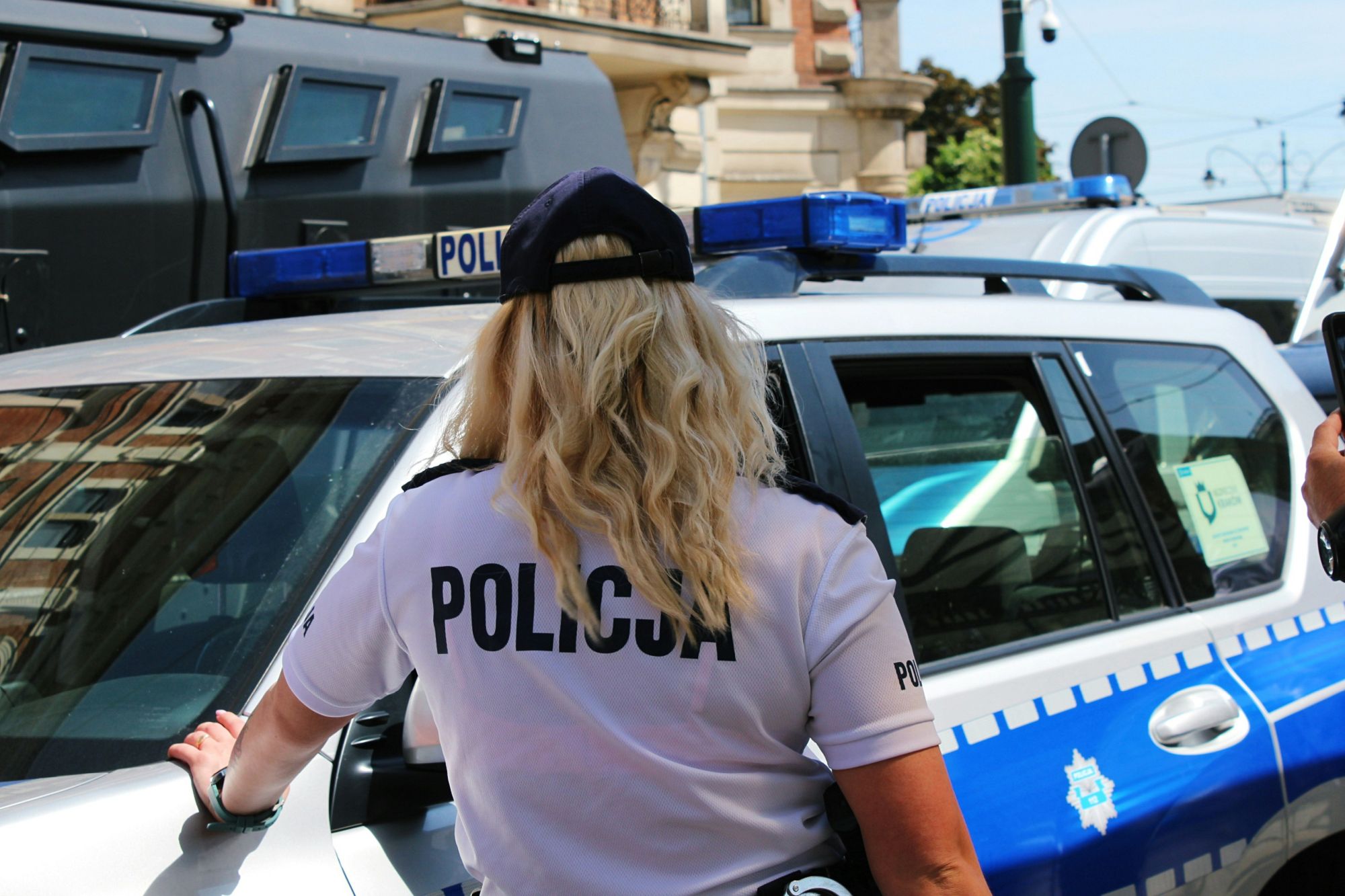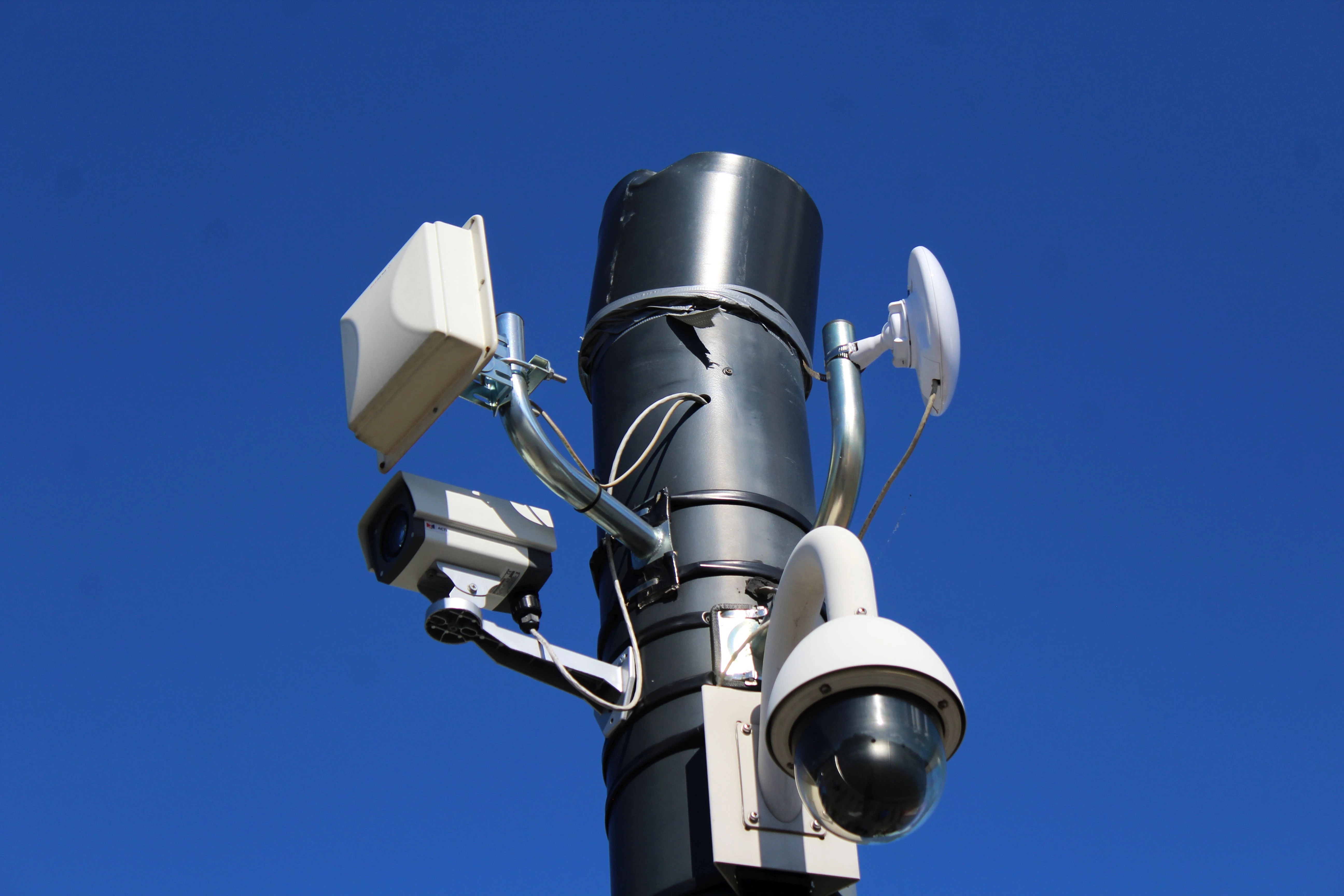Teenager Jay Slater, who went missing in Tenerife last summer before his body was found in a ravine, had taken drugs and alcohol on a night out and had a 14-hour walk home, the inquest into his death heard.
Bradley Geoghegan, who had gone on holiday with Slater, said the 19-year-old had taken ecstasy pills, and possibly ketamine, along with cocaine and alcohol, on the night out before he disappeared.
Slater had been forced to leave a nightclub because he was so drunk, before going to an Airbnb with two men they had met on holiday.
The next morning, Geoghegan said he received a video call from Slater, who was walking along a road and still "under the influence," Preston Coroner’s Court heard.
Mr Geoghegan said: “I said put your maps on to see how far you were. It was like a 14-hour walk or an hour drive. I said, ‘Get a taxi back’, then he just goes, ‘I will ring you back’.”
He believed his friend had no money on him, and taxis in Tenerife insisted on payment upfront before carrying passengers.
Coroner Dr James Adeley asked whether Slater appeared threatened or fearful during the call.
Geoghegan replied: "No. I think he probably got there and thought, 'Why am I here?', sobered up and decided to come back."
Slater vanished the morning after going to the Airbnb and was reported missing on June 18.
Evidence heard during the inquest suggested he had attempted to walk back to his apartment after failing to get transport, before falling from a height into a ravine.
A massive search operation was launched before Spanish Civil Guard mountain rescue teams found his body on July 15 in a steep, inaccessible area near the village of Masca.
The inquest heard that a toxicology analysis confirmed traces of cocaine, ketamine, ecstasy and alcohol in Slater's system.
Home Office pathologist Dr Richard Shepherd determined the cause of death as head injuries, with no evidence of restraint or assault, with the pattern of injuries consistent with a fall from a height.
Detective Chief Inspector Rachel Higson, from Lancashire Constabulary, said police had analysed Mr Slater’s phone data. He had received phone messages on the night out from friends telling him to go home as he was “off his head”.
Phone location data suggested Slater had travelled to the Airbnb and the next morning left the property at about 7.45am.
Spanish witnesses reported being approached by Slater asking about buses or taxis to take him home.
More messages from friends warned him about the “boiling” heat of the day, but activity data on his phone stopped at 8.51am, suggesting his phone battery had died.
Marieke Krans from Dutch rescue charity Signi Zoekhonden, helped in the search.
She said the area where the body was found was about a three-and-a-half-hour walk from the Airbnb and was “really steep, really dangerous”, and it was “easy” to lose your footing.
(PA) Note: This article has been edited with the help of Artificial Intelligence.









